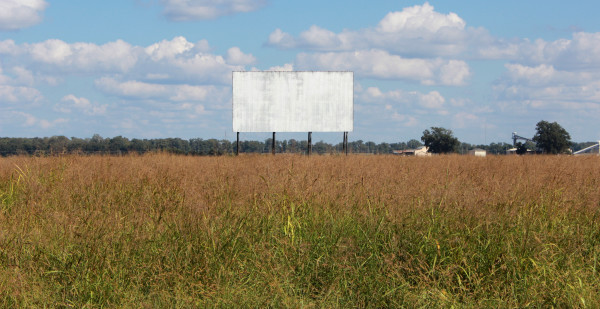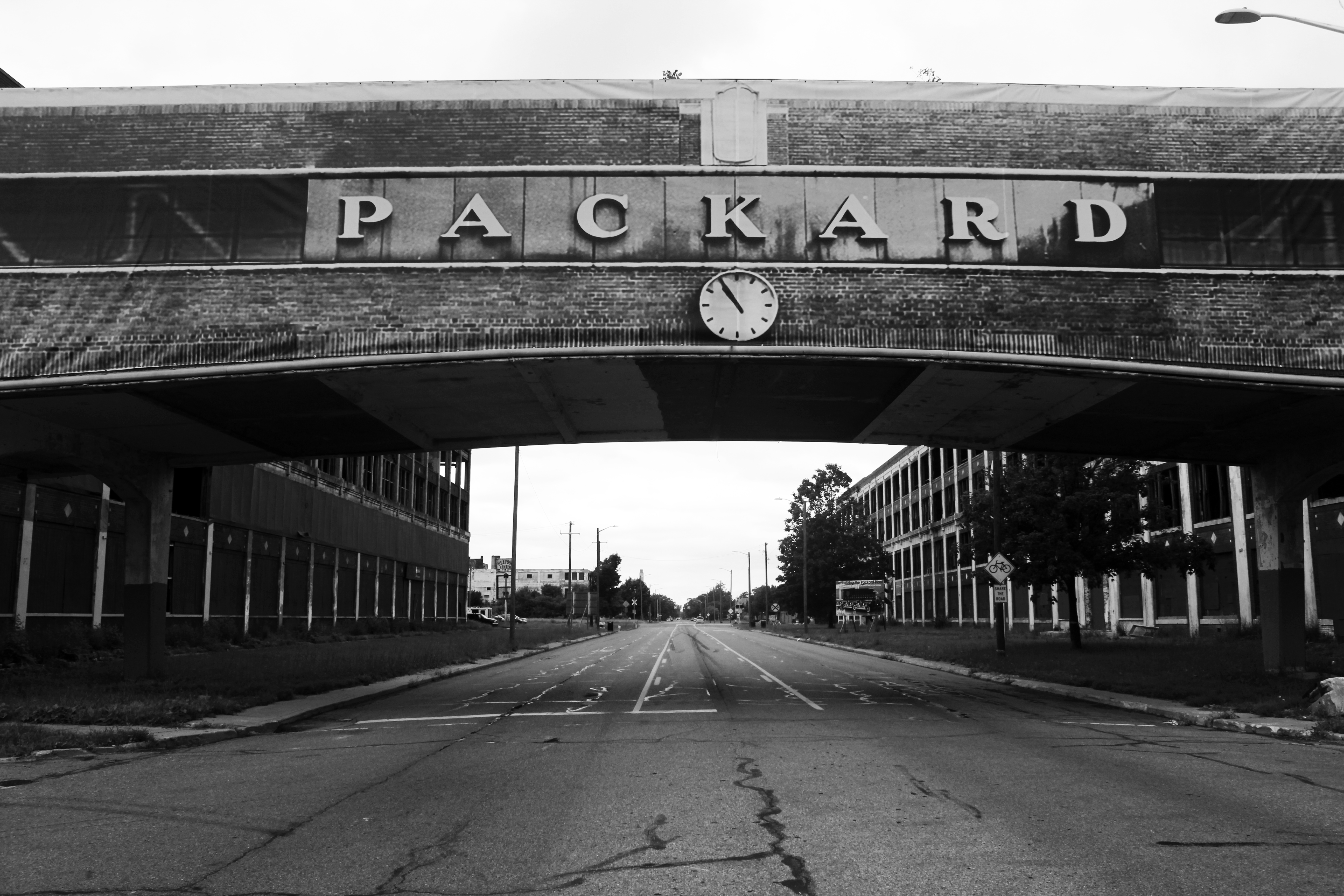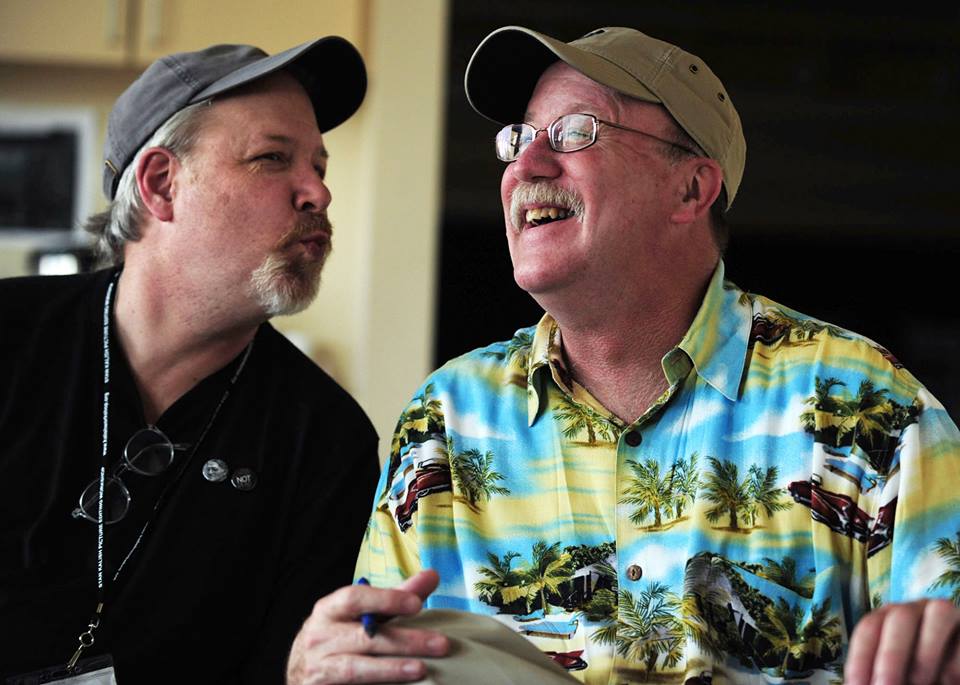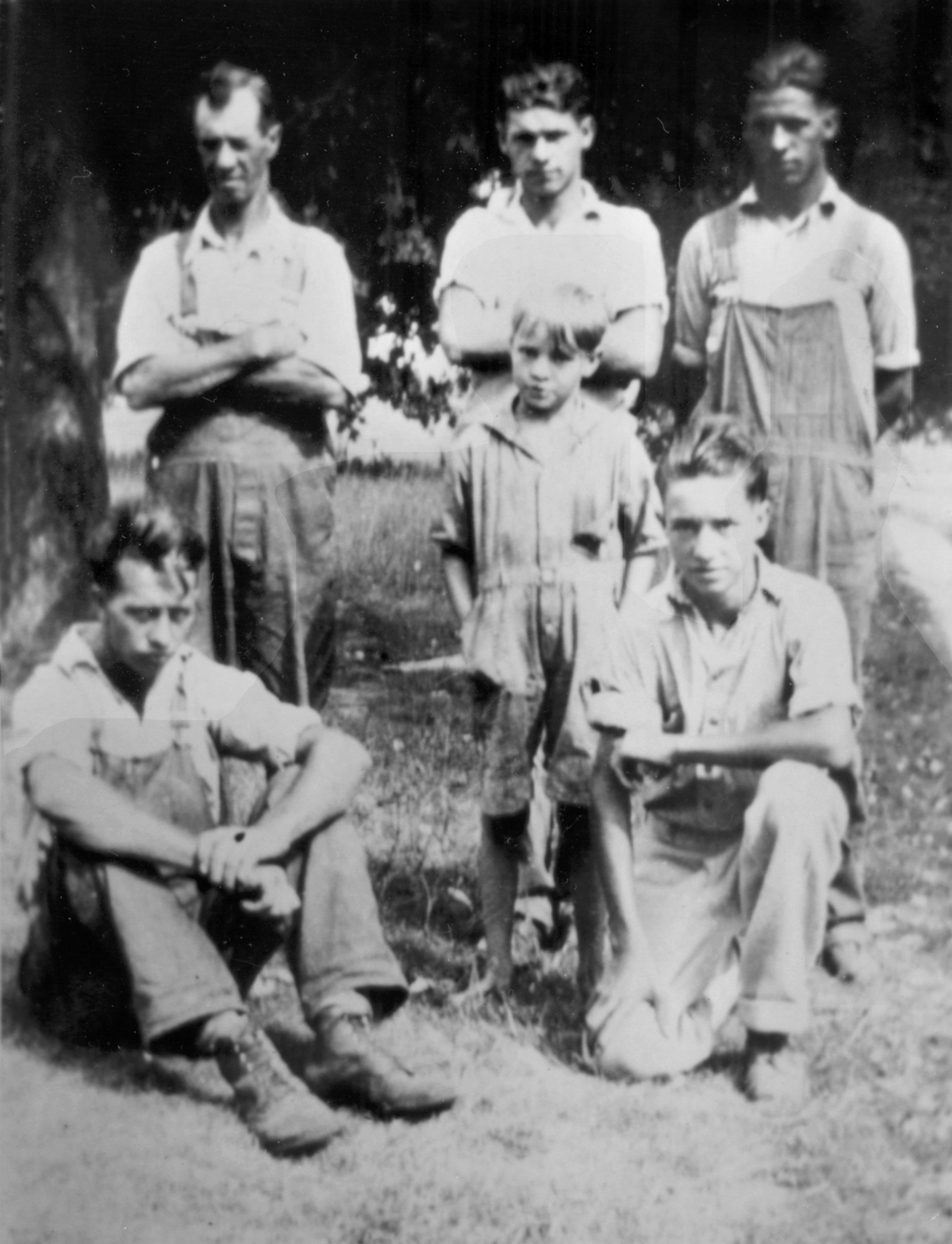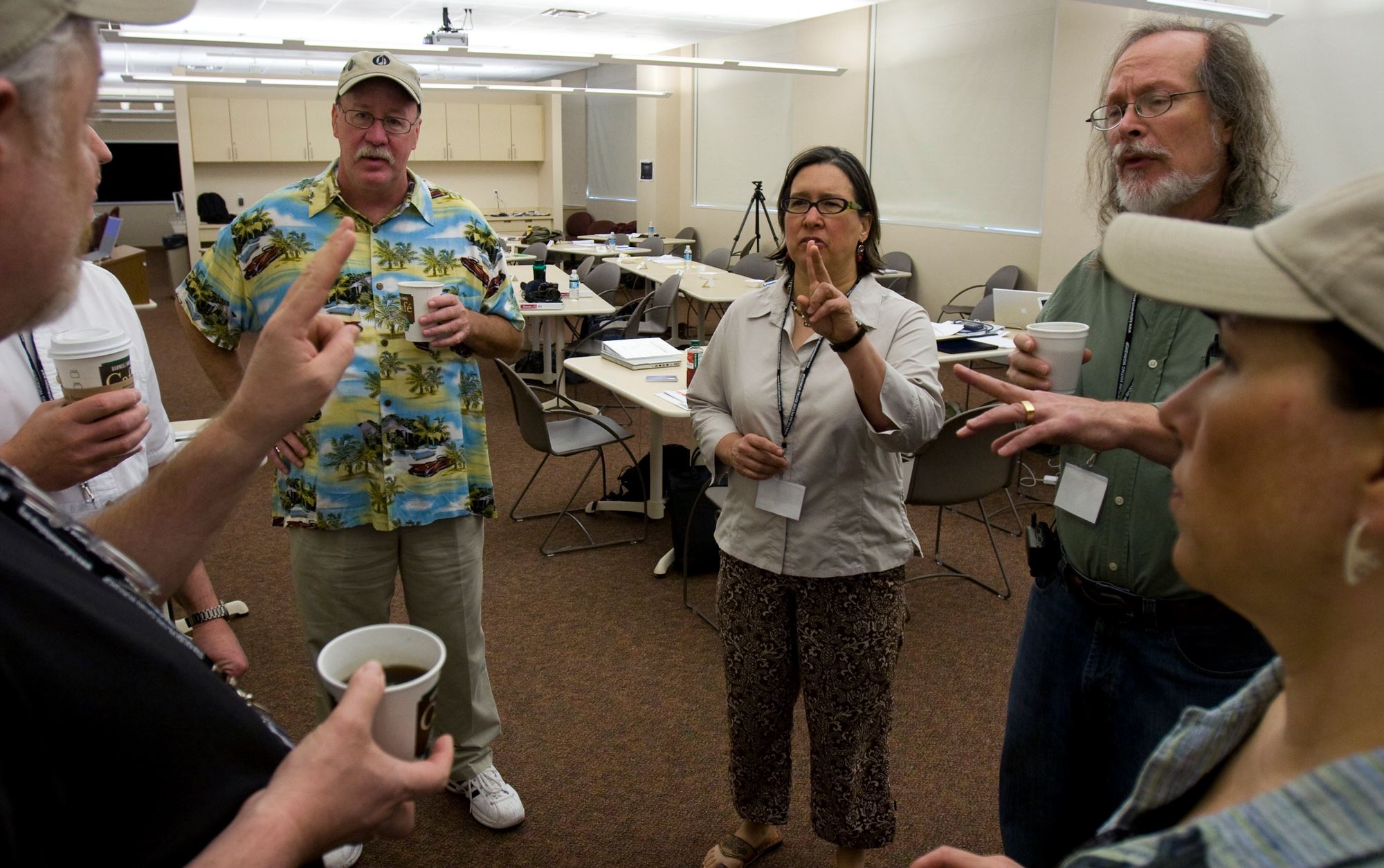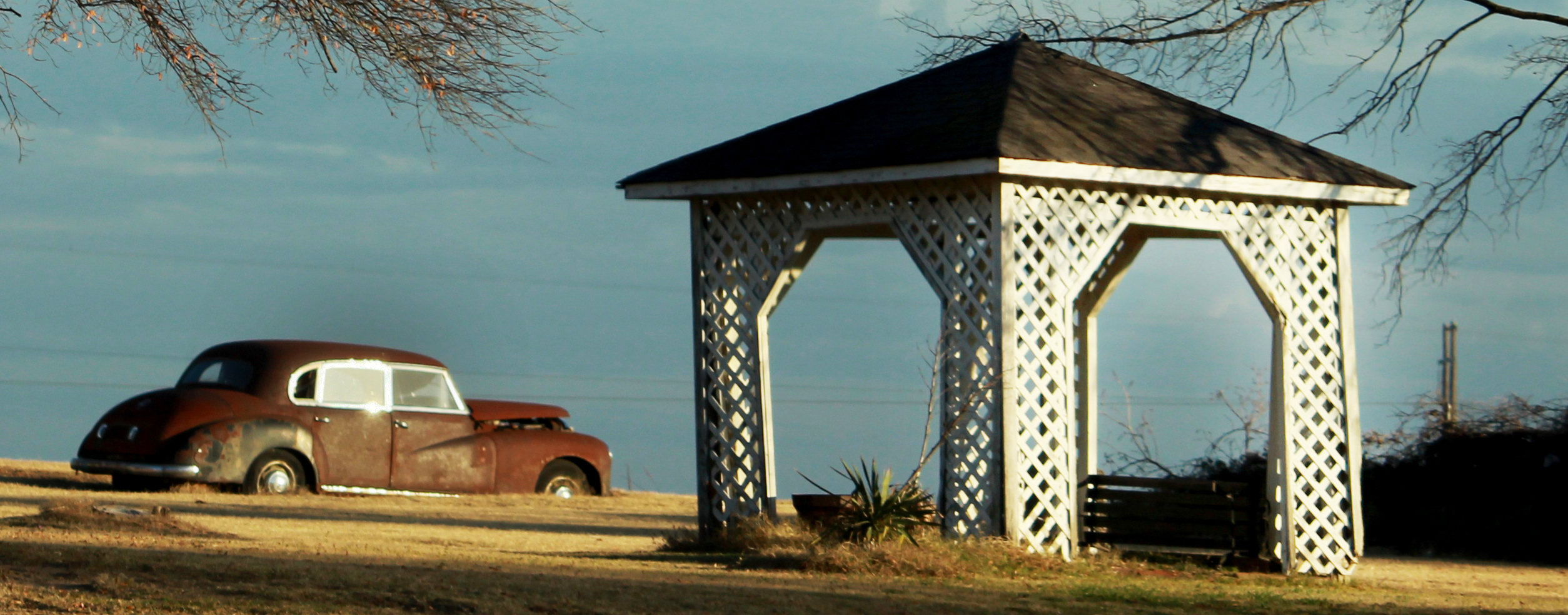
Scott Sines, ©The Green Rocket News
Osceola, Arkansas — Osceola is impatient. Sitting on the banks of the Mississippi River, 40 miles north of Memphis, the little delta town has reasons to hope. But they won’t get carried away. They’ve been burned by false hopes before.
In 2010, it looked like Arkansas was poised to build a network of ankle-bone-to-knee-bone, interconnected industries to support wind power generation. Osceola landed Beckmann Volmer a German company that promised 300-500 badly needed jobs. They would build the backbones for 
Clean Line Energy Partners, out of Houston, was holding public meetings in Osceola, and other communities from Western Oklahoma to the Tennessee Valley Authority, in Knoxville, to air their plans to build transmission lines connecting energy source to the power grid. Plans were underway and funding approved for Big River Steel LLC to build a new mill to recycle scrap metal into the steel Beckman Volmer needed to build the turbine parts needed by Nordex.
Also, Indigo Resources Ltd. was planning a new river port to store and move tar sands oil from Canada and shale oil from North Dakota to Louisiana. Things were looking good for the Delta.
But it crashed in the winter of 2013. >Partisan bickering in Congress over the Production Tax Credit for alternative energy finally wore the Europeans out. It takes five to seven years to bring these projects on line and every year the needed tax credits are held hostage by Congressional bickering over an energy bill. The Europeans decided they’d had enough.
LM Windpower laid off over 200 workers in Little Rock. Nordex Inc. closed the production line in Jonesboro. Beckman Volmer went bankrupt. 

Other legislators disagreed. Republican Sen. John Boozman, said that “there must be a longer term extension in place so that companies like Nordex and Mitsubishi can grow and put Arkansans to work. I support the credit, have voted for the extensions, and would like to see the wind tax credit authorized for a longer time period to provide certainty to business owners.” Gov. Mike Beebe weighed-in “I have been saying for years that there must be stable tax policy with this kind of intense capital investment. Congress has totally failed to provide one, wavering year-to-year on the wind energy tax credit. This indecisiveness is costing Arkansas, and America, jobs.”
Dr. Jürgen Zeschky, CEO of Nordex SE, explained, “We are reacting to the weakened demand from the US market, brought on by the unpredictable extensions of the Production Tax Credit (PTC), and the resulting low utilization rate of our US assembly plant.”

Osceola soldiered on. “It wasn’t a boom town but it was prosperous. All the storefronts were full, we had four car dealerships and three banks. People always came here to work,” Chitwood explained. But global competition and continued mechanization of agriculture caught up with the city.
Since 2000 the city has lost nearly 13% of its population. Fruit of the Loom closed its textile plant. Then EckAdams quit making furniture and left town. Southwire closed half of it’s production capacity and auto parts maker Siegel-Robert Inc. closed its plant. All told, the city of a little less than 10,000 people, lost more than 2,000 jobs in less than two years. In 1939, 78,000 people lived in Mississippi County, today 48,000 people call it home.

Longtime Mayor Dickey Kennemore and Chittwood are working to reinvent the city as a transportation and logistics hub based on heavy manufacturing and energy generation and transmission. The new port being built by Indigo Resources Ltd will develop a 480 acre rail-to-barge crude oil and petroleum terminal along 3,000 feet of the Mississippi River bank. The port will provide 3 million gallons of storage capacity for bitumen and crude oil products from Canadian tar sands and the Bakken Shale deposits in North Dakota. Beckman Volmer and Big River Steel can retool to work with petroleum instead of wind power.
Pressed on the environmental risks of moving and storing one of the dirtiest sources of energy just steps from the Mississippi River, Mayor Kennemore bluntly calls for a global clean energy compact. “We cannot transform this economy into a green economy overnight and until the world buys in, manufacturing will move to where the energy is, and the jobs will follow.”
Osceola will take the risk. They’re ready to grow. They’re tired of waiting. It wears on a hardworking mayor and it wears on the people. >Jeanine Morris runs the Hole in the Wall bar directly across the street from the mayor’s office. True to its name the bar is smaller than a garage. She cashes checks, grills bacon cheeseburgers and hands out cigarettes to the regulars. “I’m gettin’ by but not by much,” she says. “We’re all just waiting… waiting for the steel plant, waiting for the new terminal. Just waiting for the jobs.”
